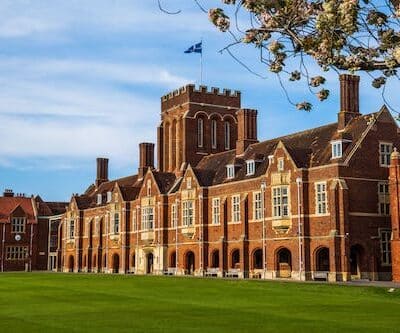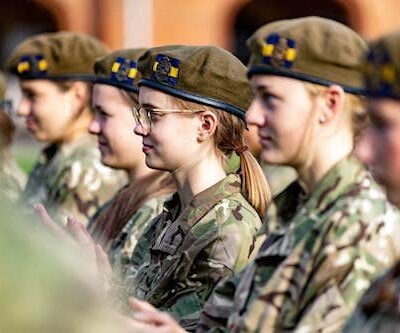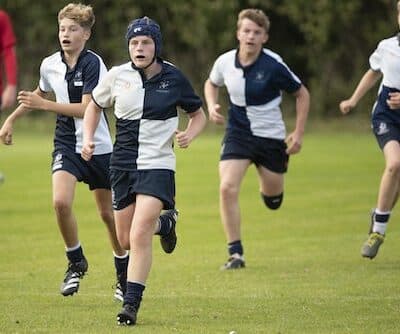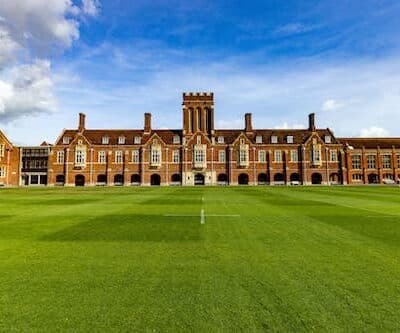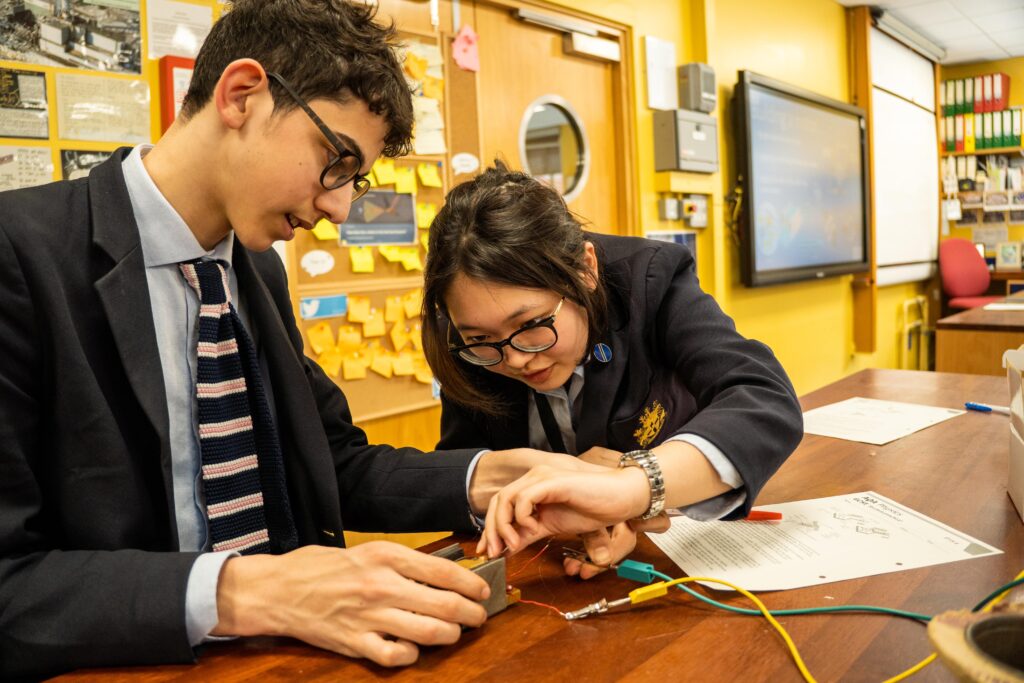STEM
Science, Technology, Engineering and Maths (STEM) at the College is purposeful, ambitious and outward-looking. It forms a central part of the curriculum and co-curriculum, helping pupils develop the knowledge and skills needed to make a meaningful contribution in the modern world.
Through expert teaching, specialist support and a wide range of opportunities beyond the classroom, pupils are encouraged to think critically, solve problems and pursue ideas that matter.
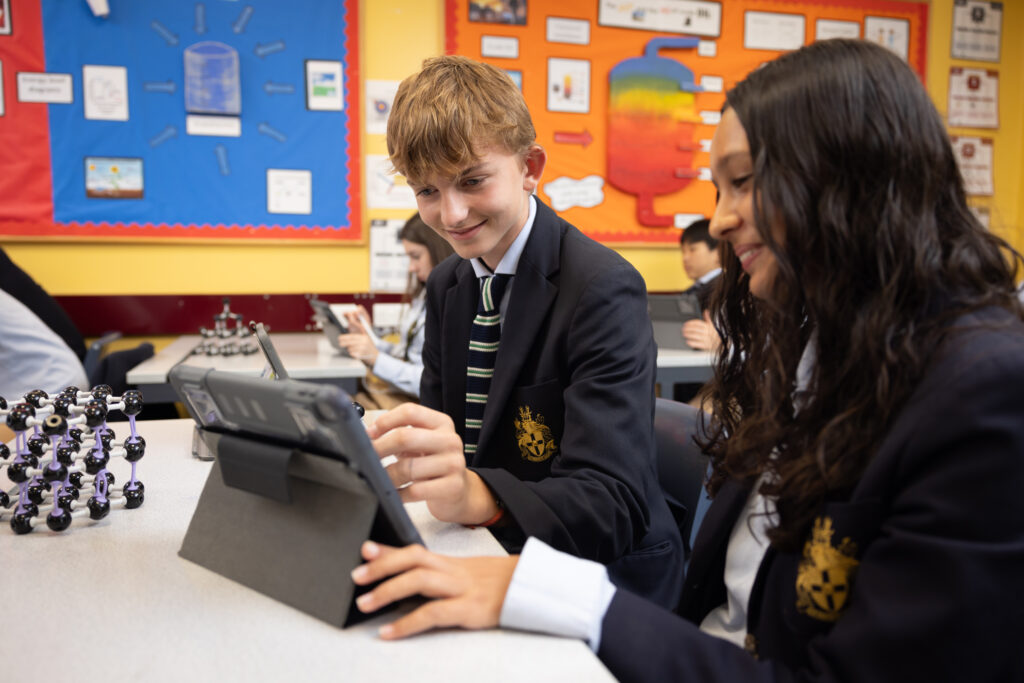
Despite it being only mildly selective compared to similar schools across the southeast, outcomes in STEM subjects at the College are outstanding. Typically, more than 80% of A-level grades in maths, computing and science are A* to B and over 90% are A* to B n mathematics and further mathematics. STEM subjects are popular, particularly with girls who achieved 85% A* to B at A-level in the sciences.
The College’s provision for STEM subjects extends beyond its own pupils, with it offering support to pupils in local maintained schools too. College pupils and staff provide extra sessions in mathematics and languages to help them prepare for their GCSEs. There is also an active homework club for maintained school pupils.
The College supports excellence in STEM through generous bursaries and scholarships. The first recipient of the DENSO award – introduced to support talented young people with a passion for engineering, achieved four A* grades at A-level, going on to read mathematics at Jesus College, Oxford.
College pupils also excel in STEM through their own initiatives. A self-directed group of sixth form pupils recently won the Cambridge University Davidson Inventors Challenge for their design of a sustainable method of desalination of water. Pupils also enjoy national success in other competitions and Olympiads.
Looking ahead, the school has been involved in the development of a new GCSE in Natural History, taking advantage of its exceptional location between the sea and the South Downs. With a focus on sustainability, pupils are developing forward-thinking views on social and environmental responsibility and how their own STEM roles might contribute to a more sustainable future.
Academic excellence
Outcomes in STEM subjects at Eastbourne are consistently strong. The subjects are popular with pupils of all ages and are increasingly well-represented among girls. The results reflect the quality of teaching, the commitment of pupils and the strength of support in place both inside and outside of the classroom.
National success
Pupils take part in a range of national competitions across the sciences and mathematics. These include Olympiads, challenge papers and project-based research awards. Recent highlights include gold medals in the British Physics Olympiad and a record number of CREST Awards. A group of sixth formers also won the Cambridge University Davidson Inventors Challenge with their design for a sustainable method of desalination of water.
Learning through doing
STEM at the College is hands-on. Pupils develop their thinking through investigation and research, both in lessons and in activities beyond the timetable. For example, our Year 12 physicists work with local schools to run and judge a design-based engineering competition.
Our facilities provide the space, resources and structure to support curiosity and ambition. Pupils are encouraged to take ideas further and to enjoy the process of discovery working independently or collaboratively.
Preparing for the future
Pupils with a particular interest in STEM benefit from a structured pathway that includes mentoring, preparation for university entrance tests and support with applications. This is underpinned by the College’s wider careers programme and the work of the Futures Department, which helps pupils explore routes into engineering, medicine, computer science and other STEM-related fields.
Looking outward
STEM at the College includes opportunities to look beyond the classroom and the College itself. Year 13 physicists visit CERN in Geneva where they explore research facilities including the Antimatter Factory and CERN Data Centre.
The College is proud to have played a part in the development of the new Natural History GCSE. Set between the sea and the South Downs, the school is well placed to explore the course’s focus on sustainability and develop a forward-thinking understanding of environmental responsibility and how their own STEM pathways might contribute to a more sustainable future.
Access
The College offers generous support through bursaries and scholarships. The first recipient of the DENSO Award, set up to support pupils with a passion for engineering, achieved four A* grades and went on to read mathematics at Jesus College, Oxford.

